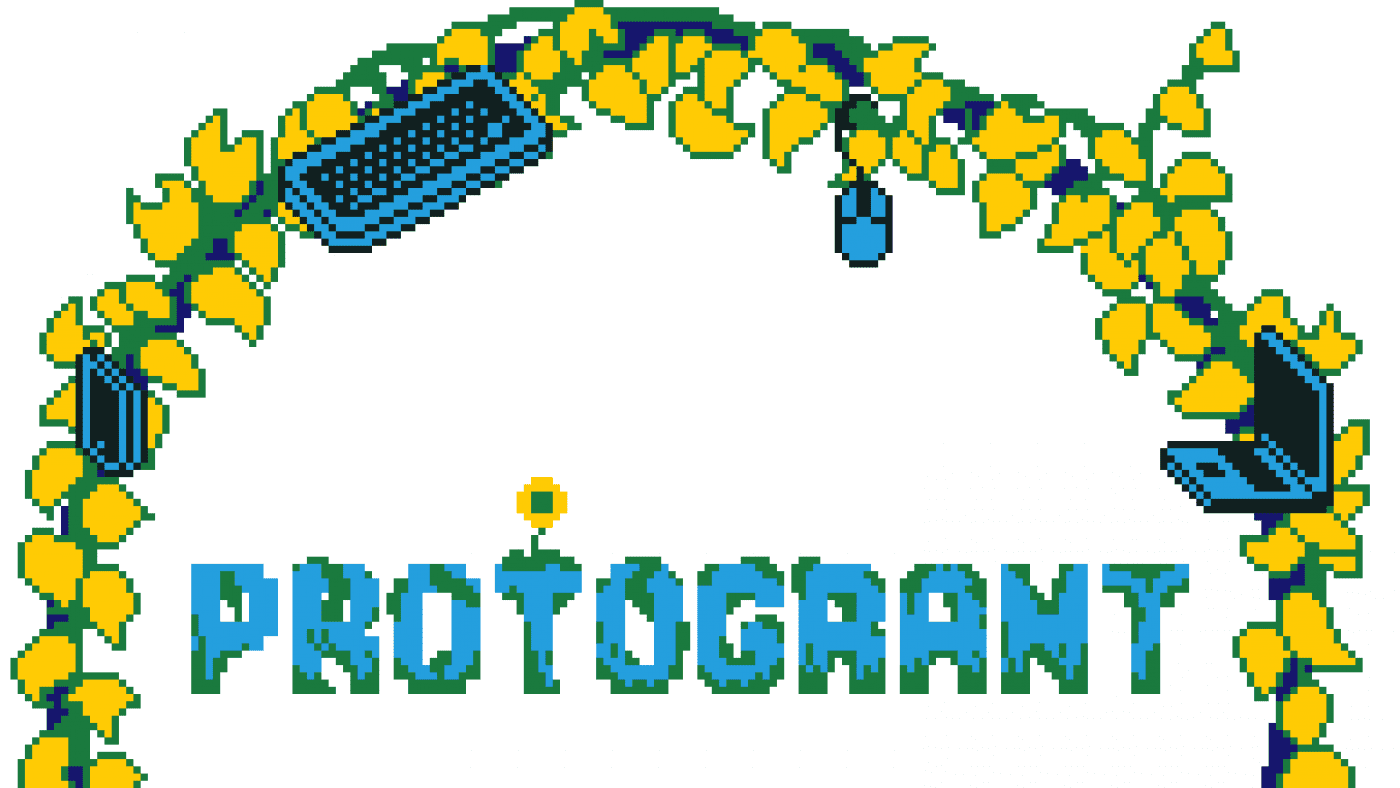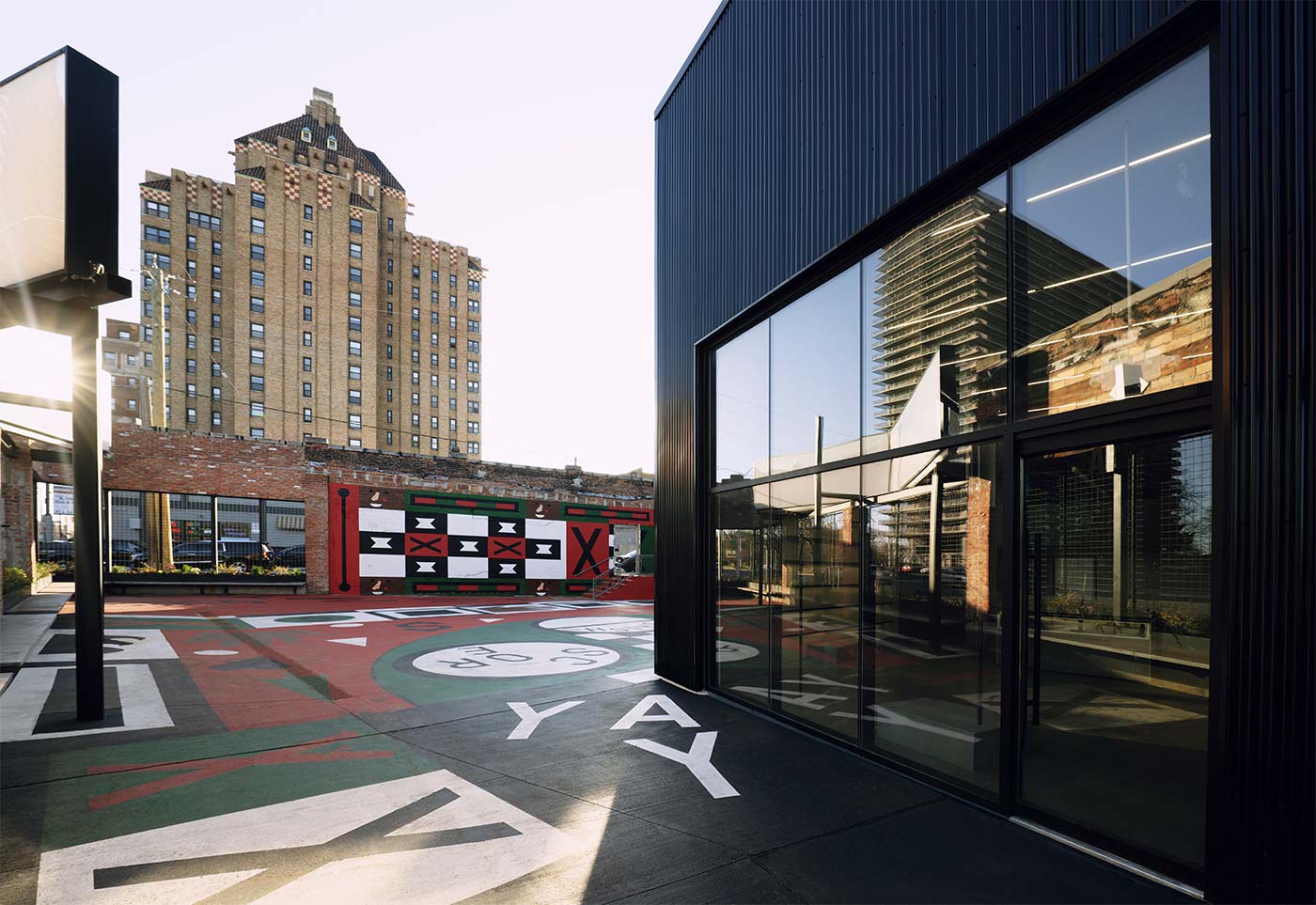
2023 Urban Technology Prototype Grant Awardees Announced
The 2023 Urban Technology Prototype Grant recipients will explore EV battery maintenance, water quality monitoring, and environmental impact assessments following this year’s competition theme, “Green Seeds.” Offered for the first time in 2021, the grant aims to support experimental software and hardware projects in the emerging field of urban technology. This year’s focus is on sustainability and climate action.
The grant connects early-career professionals with Taubman College’s resources and expertise to support exciting, early-stage research. From July to December, each grantee will be paired with a Taubman College faculty mentor and receive $15,000 in project funds for the semester-long grant. The program will culminate in a public event at Taubman College to present the work and collectively reflect on its implications.
The theme “Green Seeds” celebrates the technologies that support decarbonization, climate-resilient infrastructure, just energy transitions, and circular economies. With climate change central in conversations about urban futures, developing new tools and processes becomes essential for a sustainable reimagination of urban design and living.
“These projects will be an inspiration for our students in urban technology and beyond. I’m immensely grateful to the donors that supported this initiative that will provide Taubman College faculty and students an inside view of this exciting research,” said Bryan Boyer, director of the Bachelor of Science in Urban Technology program and assistant professor of practice in architecture.
The three grant recipients were selected by a jury of urban technology practitioners and Taubman College faculty: Caryn Seidman-Becker (CLEAR), Ben Young (Blackrock), Darren Riley (JustAir), Larissa Larsen (chair and associate professor of urban and regional planning, Taubman College), Jen Maigret (associate professor of architecture, Taubman College), and Bryan Boyer.
The 2023 Urban Technology Prototype Grant winners are:
Ghislain Irakoze – Dashboard to Predict Maintenance Needs for EV Batteries in Rwanda
(Faculty Mentor: Elisa Ngan, assistant professor of practice in urban technology)
The efficiency and durability of EV critical components are essential in the successful uptake and transition to green mobility in Rwanda and other African Countries. This project will create a predictive analytical dashboard that could allow the drivers to track the efficiency and maintenance needs of critical components of their EVs, supporting them in making real-time decisions and minimizing e-waste. The generated data will be essential in saving maintenance costs and time as well as improving the trust among EV users, which could propel the E-mobility transition in Rwanda.
Alexandria Brady-Miné – IOT and Machine Learning Approach to Low-Cost Open Source Water Quality Monitoring
(Faculty Mentor: Larissa Larsen, chair and associate professor of urban and regional planning)
This project will develop a network of low-cost continuous water quality monitors using IoT and machine learning. While there are designs for open source low-cost water quality monitors, there are two major issues preventing the deployment of these sensors for continuous monitoring: the inaccuracy of low-cost sensors and the development of biofilms and other environmental issues which can distort or prevent sensor readings. The project aims to reduce these inaccuracies and optimize efficiency by implementing IoT and machine learning systems into the network and integrating the sensors with GIS.
David Pitt – Using LLM (Large Language Models) to Make Environmental Impact Assessments More Accessible
(Faculty Mentor: Robert Adams, associate professor of architecture)
The housing crisis is caused by a shortage of affordable housing and a lack of new development, and the public input process is hindering new development by becoming too complex and time-consuming. The environmental impact analyses required for large development proposals are often hundreds of pages long and difficult for most people to understand, leading to objections mostly from wealthier community members who have a financial incentive to fight new development. This project proposes a web app that uses natural language processing techniques to summarize these documents in a concise and understandable manner that could increase public input and create a more equitable playing field in the community input process.









